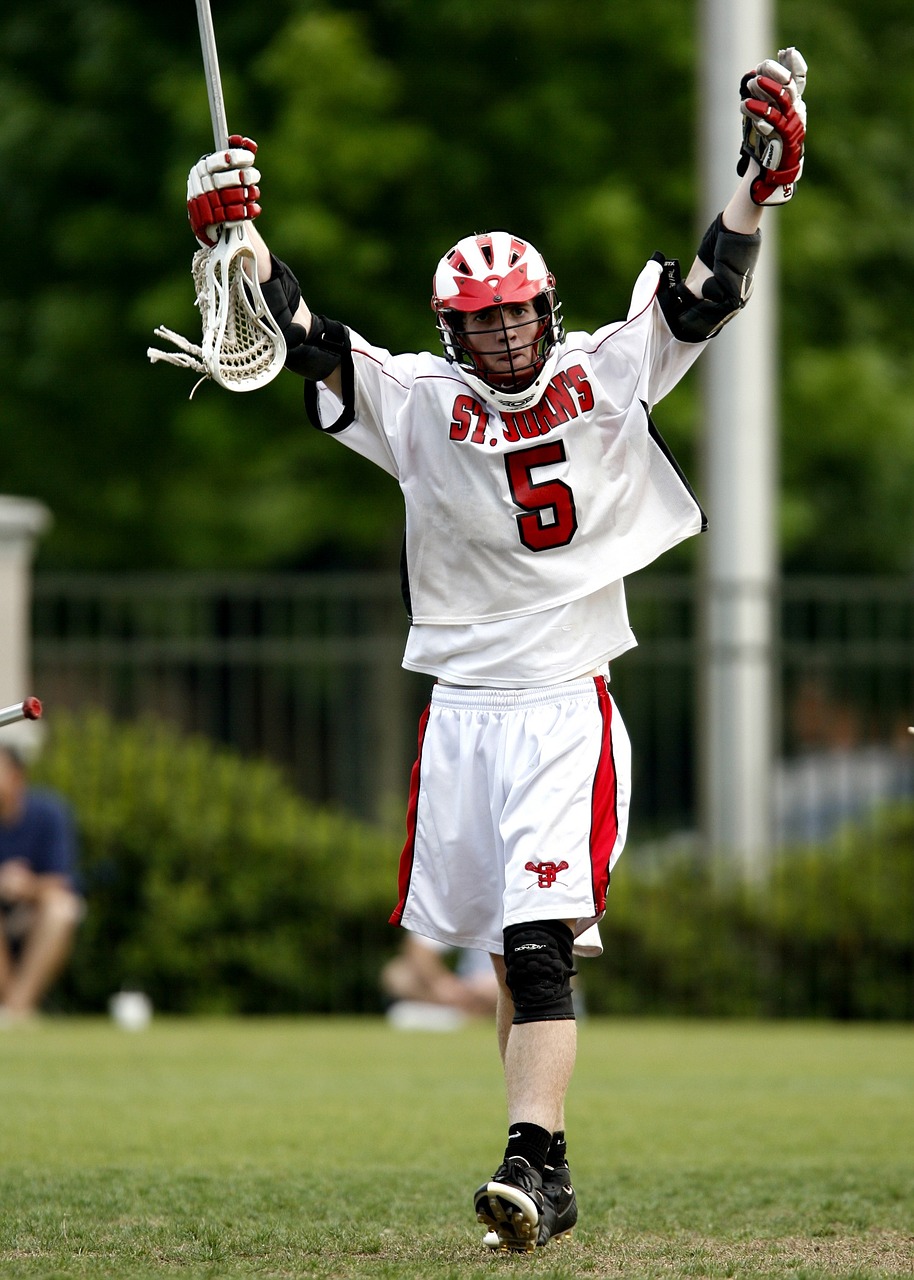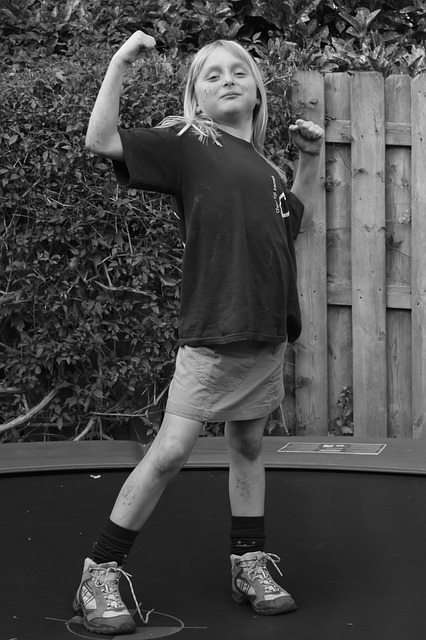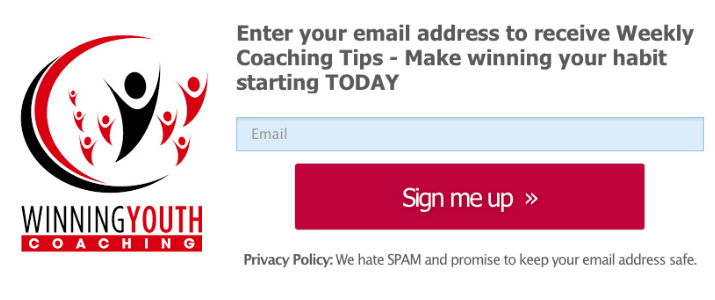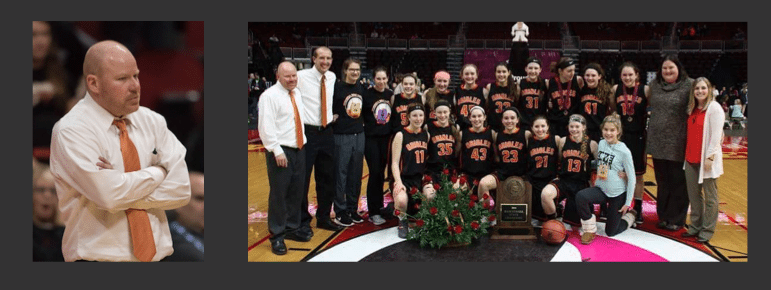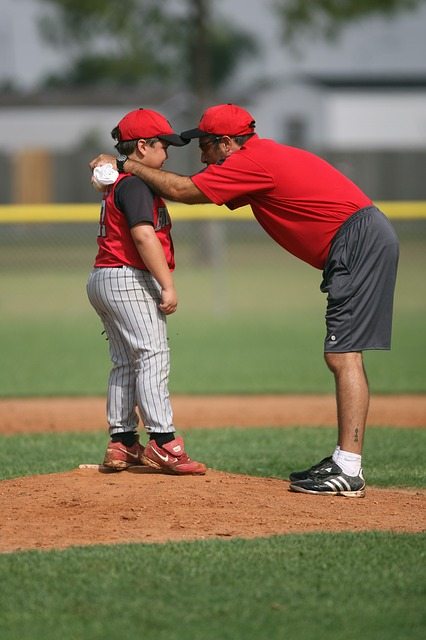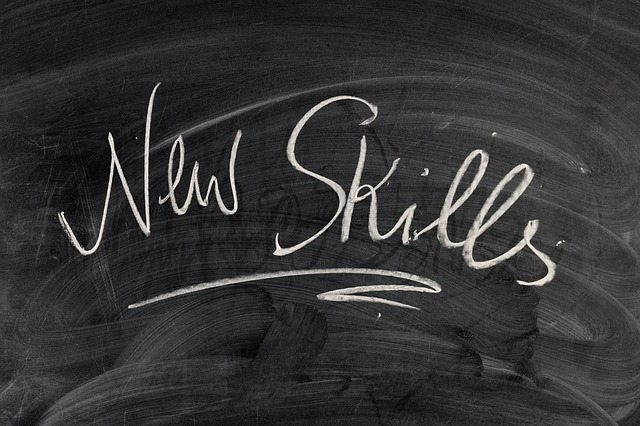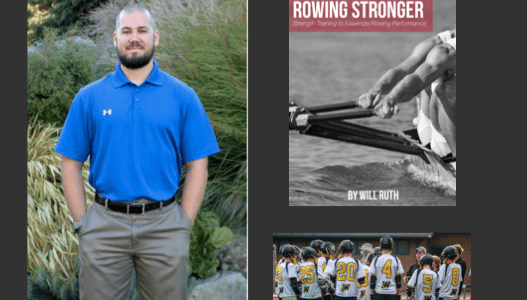Week 3 – Player Honesty – “I hate being on this team”
No meeting with the leadership group this week, our next one is scheduled for next Tuesday, where we’ll analyze everything that happens from start to finish in practice and come up with actionable plans for improvement.
I did have an interesting conversation with a player after practice yesterday. He came up to me and I said “I hate being part of this team. I sometimes hope I get hurt so I won’t have to come to practice and see these guys.”
Wow. Heavy stuff. This player is an upperclassman and has been around this group for several years. I dug in and tried to focus more on listening than providing an immediate solution. I would say I did a pretty good job of listening 80% of the time and talking 20% (something that doesn’t come naturally to me, just ask my wife.)
I asked him, without pointing out specific players, if he could identify what makes him hate being part of this team. While talking through several different things, it seemed to keep coming back to selfishness by some of the team’s players, and nothing being done about it. He did not feel like the players on this team cared for each other and there was no excitement for building relationships and working towards a common goal.
I let him know that we, as a coaching staff, acknowledged there was a lack of chemistry with this group, and specifically that is why we established my role as a culture coach. We discussed that this culture will not be changed overnight, and I reminded him what I shared at the first leadership meeting, that as a leader you have to be willing to do what it takes to change the culture, even with the knowledge that it might not be completely fixed before he graduates. Great culture isn’t built overnight and it will be a slow process working to turn things around.
He honestly shared that the selfish behaviors he observes makes him fall into the same trap and want to play for himself too. I challenged him here to be part of the change he wants to see. I told him that if a few of the leaders and the whole coaching staff starts building positive energy and rewarding the right types of behavior, it will slowly start turning the tide. I told him he took a great first step by telling me what he was feeling, as burying these types of feelings and keeping them inside will eat you up.
Tough conversation, and a pretty big smack in the face as a coaching staff to have someone tell you they hate playing for the team you coach. But as I have shared previously, it was not totally surprising. The culture on this team has a long, long way to go. But admitting you have a problem and getting past denial is step 1 – so we are going to get there!
Thanks for following this journey with me, it will be life-changing for everyone involved!
–
I am excited to walk this journey with you. I welcome any feedback, ideas, and suggestions you might have as you read through this. You are also welcome to share this with any other coaches you think could benefit from it, and please have them email me at [email protected] if they would like to be added to this email list.
If you are interested in diving deeper on building culture we have started a mastermind group that meets the first and third Wednesday of each month at 12:30 pm EST, see the details at: winningyouthcoaching.com/the-culture-bus-mastermind/. We recently had our first mastermind meeting, and it was energizing and exciting to be with likeminded world-changers.
